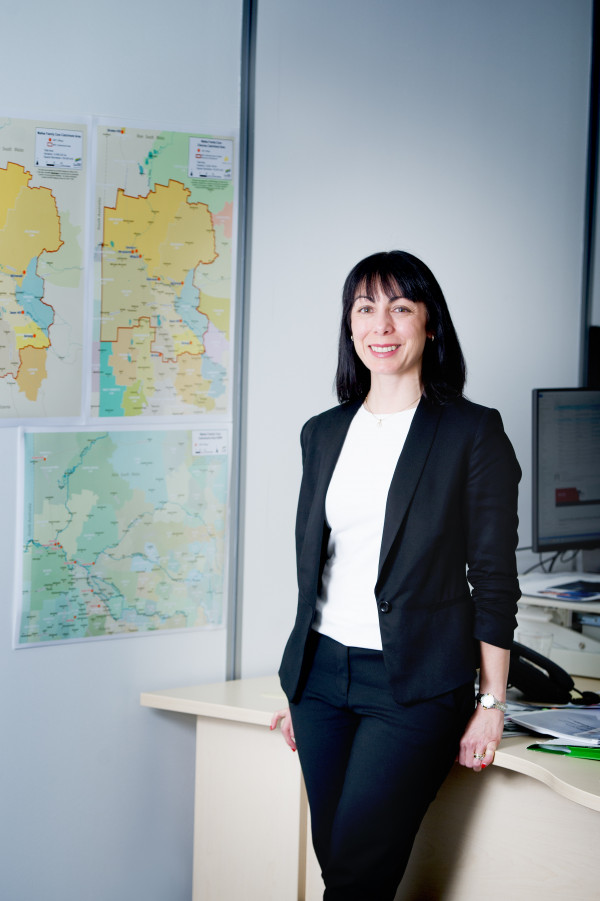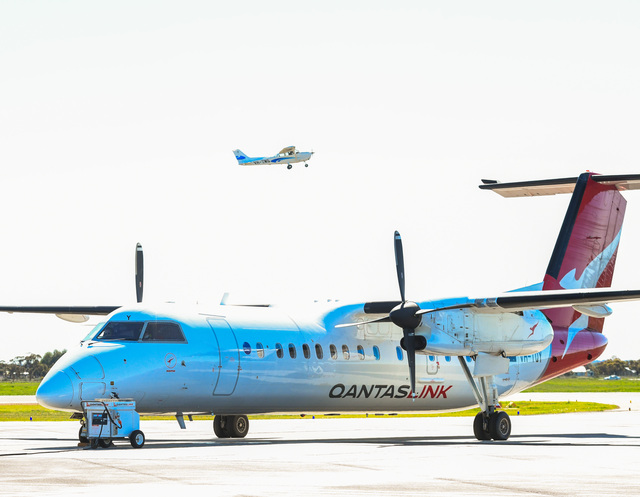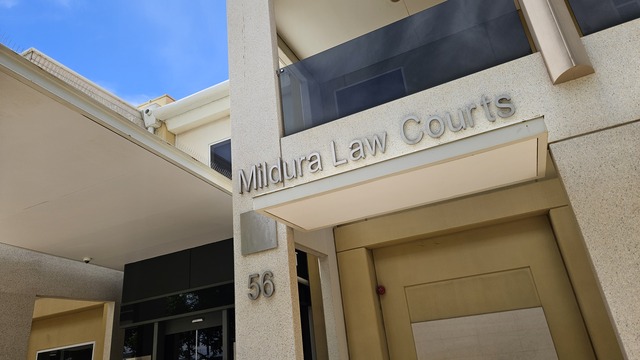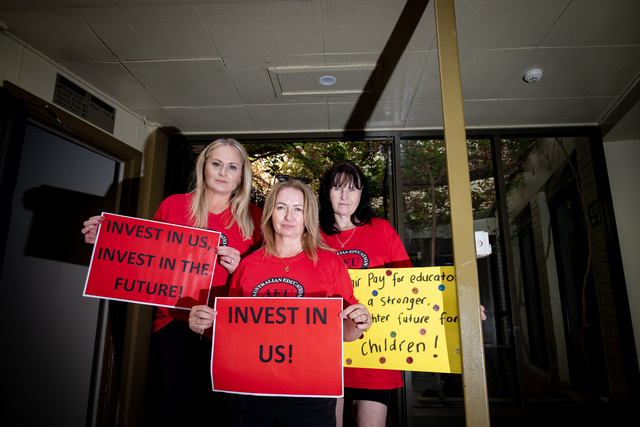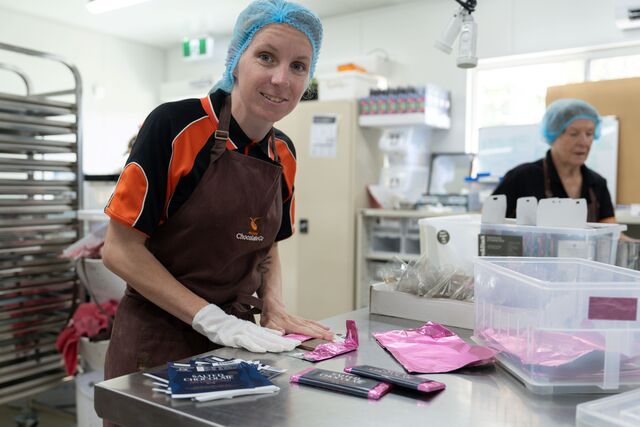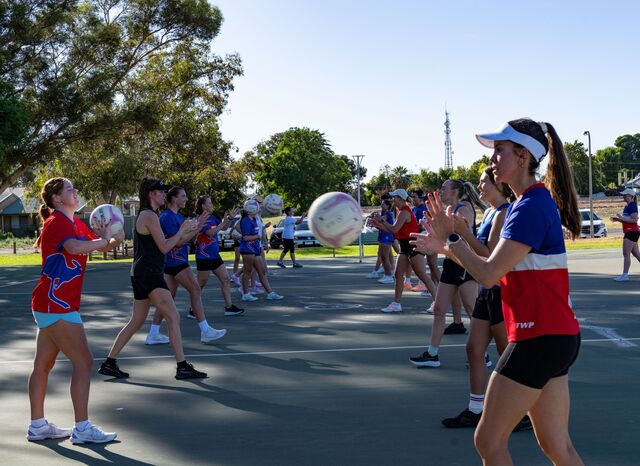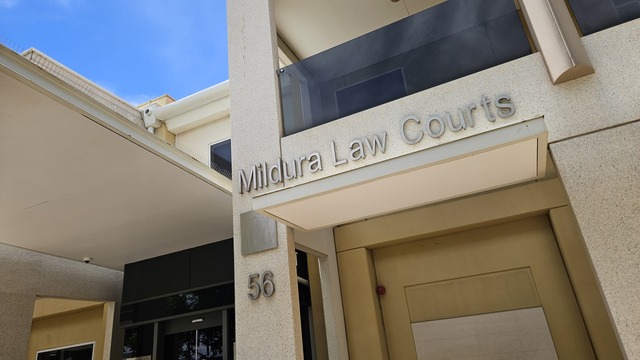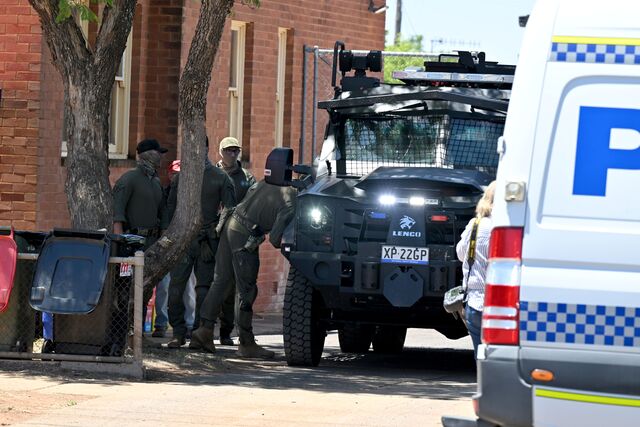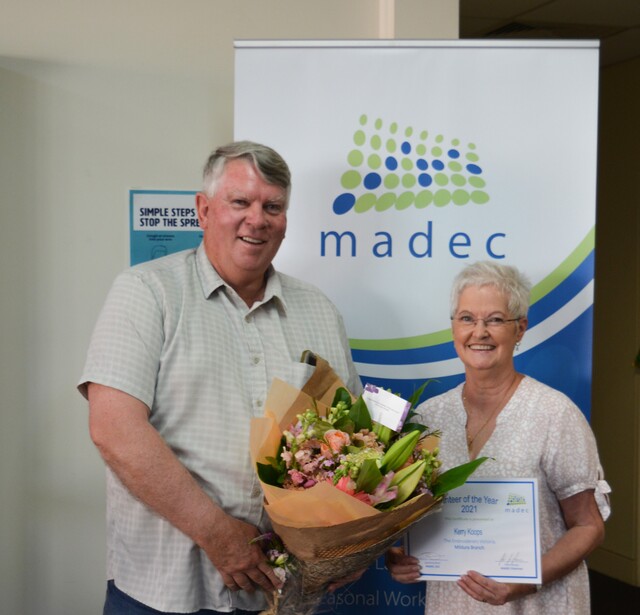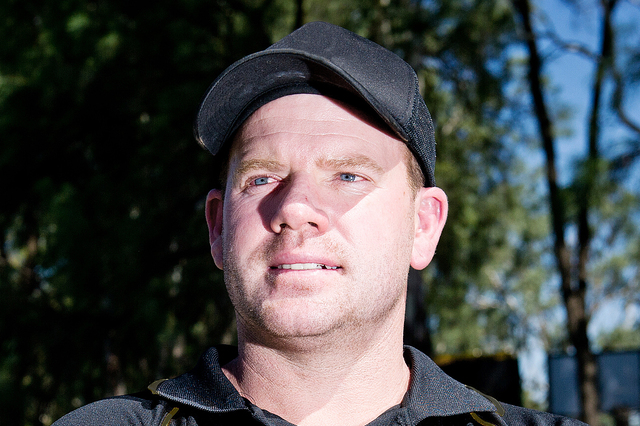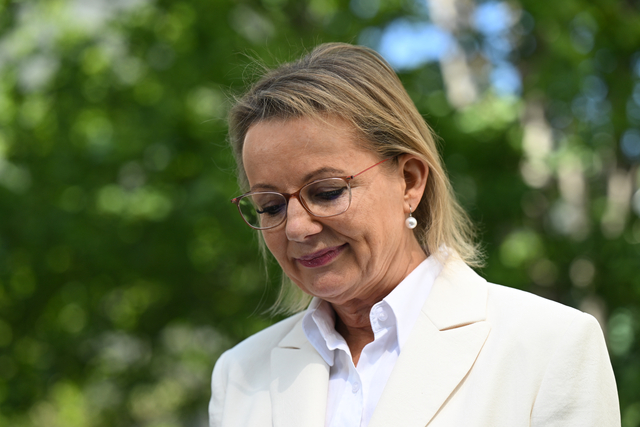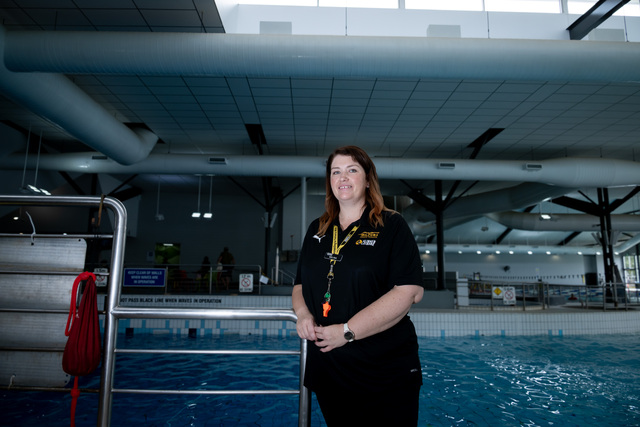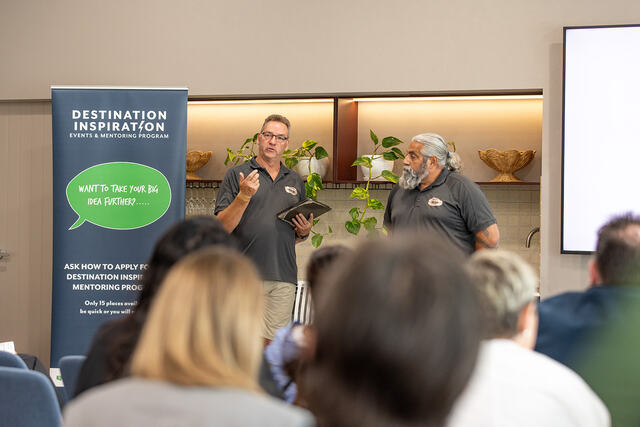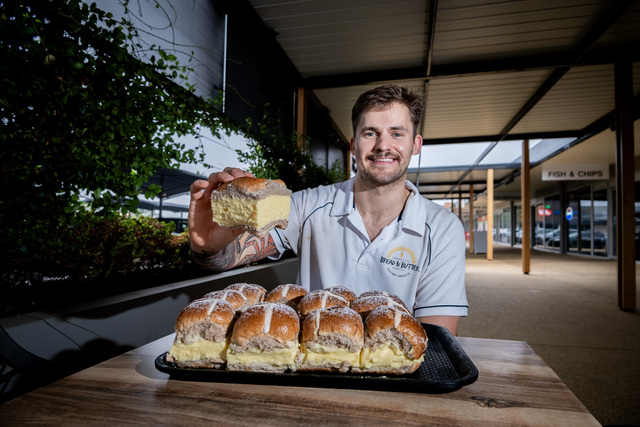MALLEE Family Care (MFC) chief executive Teresa Jayet has welcomed the Victorian Government’s $112 million Social Housing Energy Efficiency program as a “landmark movement” for Mallee communities.
Announced on Monday and funded by the recent State Budget, the program is the biggest household energy efficiency program funded by the state.
Under the program, 35,000 public, community and Aboriginal housing properties will get energy-efficient upgrades, with 2000 properties in Mildura flagged to have reverse-cycle airconditioning units installed.
Draught sealing and ceiling insulation will be installed where required, with upgrades based on a number of factors, such as renter circumstances and susceptibility to temperature extremes.
Work is already under way and 500 units are expected to be installed across the state’s north-west municipalities by the end of June next year.
Ms Jayet said after years of lobbying and advocacy, the announcement had validated the voices of residents who shared their stories as part of the campaign to have cooling installed in public housing.
“This is a landmark movement for our Mallee communities,” she said.
“The announcement tells all those people, those families, who have lived in unbearable conditions over successive and increasingly hot summers that they matter.
“By committing to an immediate and ongoing investment in cooling for both existing and future public housing in north-west Victoria, the State Government is acknowledging that place-based decision making is critical to ensuring the best outcomes for people.”
MFC has been lobbying for cooling in public housing since 2013 and, in those seven years, completed research with the University of Sydney to understand the impacts of surviving a Mallee summer without an airconditioner.
Data from the research found 77 per cent of Mildura’s summer nights were above a healthy sleeping temperature and 12 nights recorded 30 degrees or above at midnight.
It also found the impact on the health and wellbeing of residents, as well as the opportunity for children to access education, was significantly impacted.
Stories of families grappling with the heat in social housing surfaced as part of the campaign.
In one case reported in the Sunraysia Daily last year, a local woman described the home she grew up in as “an oven”.
In State Parliament in June, Member for Mildura Ali Cupper flagged airconditioning in public housing as a matter of public safety and survival and pushed for a place-based approach.
Ms Cupper highlighted the matter again in October, saying the Mildura electorate could face a public health emergency if forced into a summer coronavirus lockdown without adequate airconditioning and called on Minister for Housing Richard Wynne to prioritise the health and wellbeing of public housing tenants.
Before the State Budget was released last month, Ms Cupper said she was hopeful airconditioning for both new and existing dwellings would make the cut.
“The impacts of climate change on our region are well documented, with more severe and longer heatwaves, so the need for airconditioning in public housing is a matter of necessity, not comfort,” Ms Cupper said.

